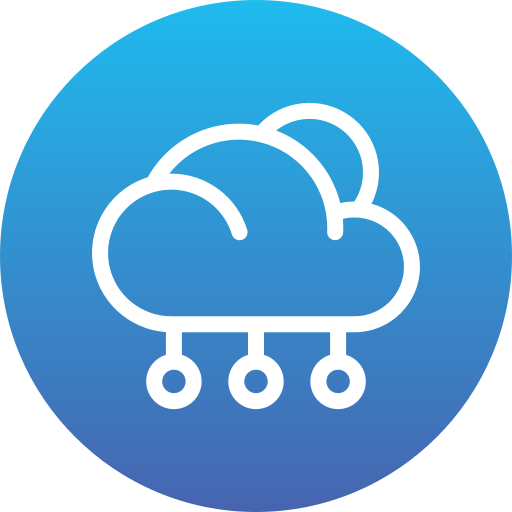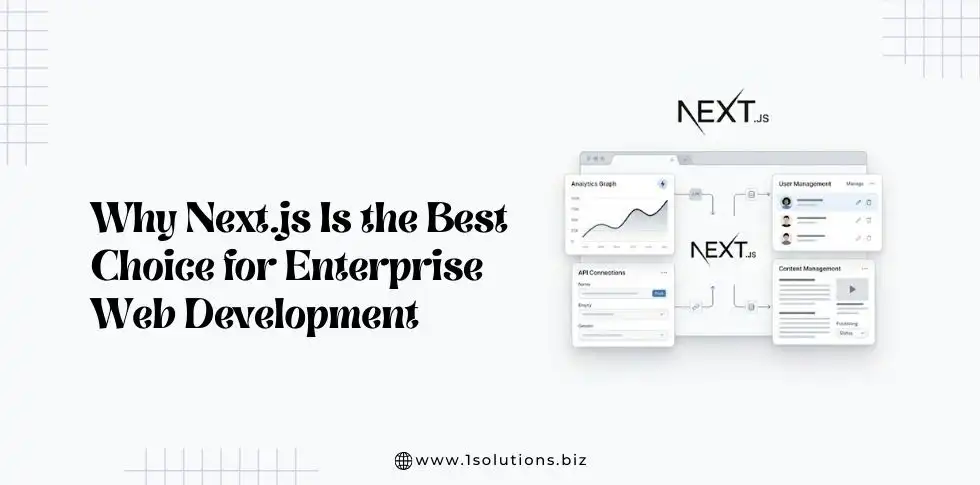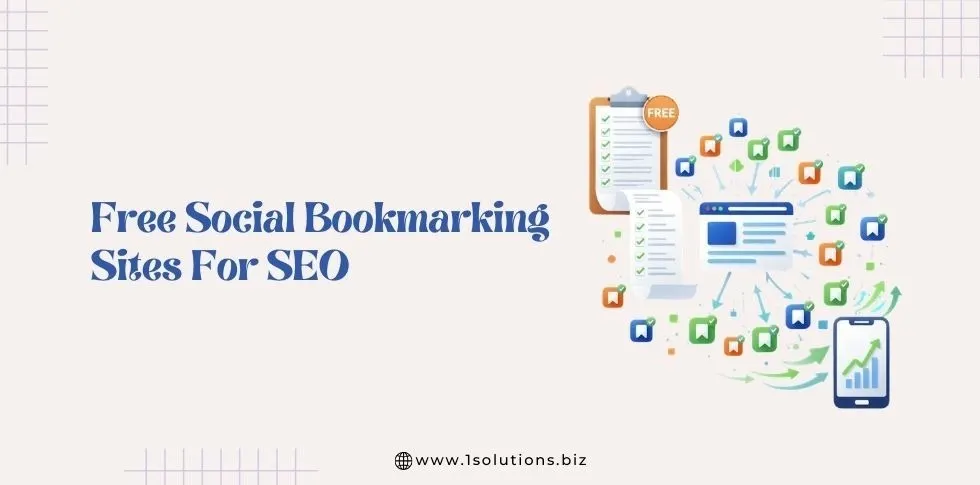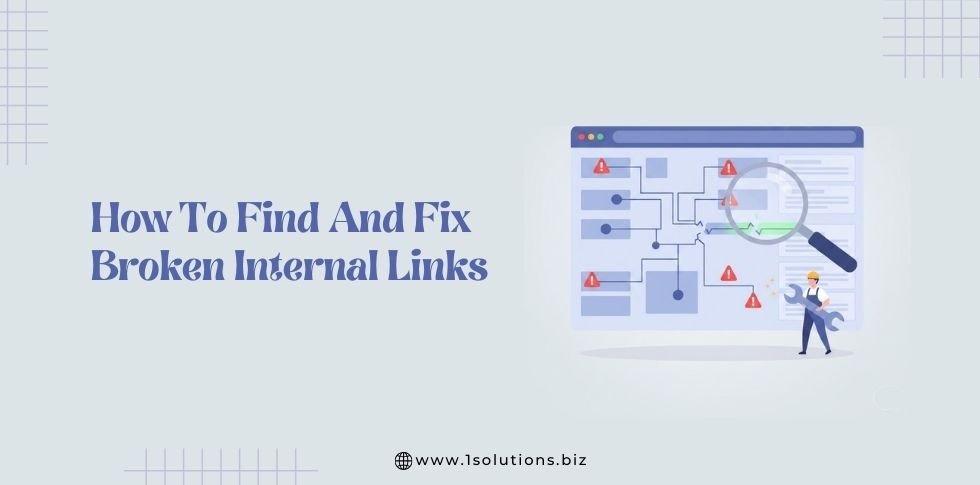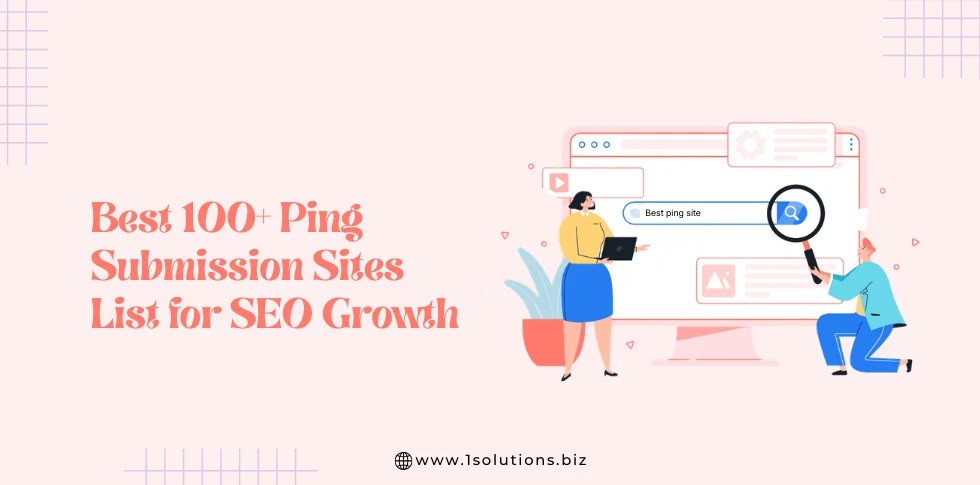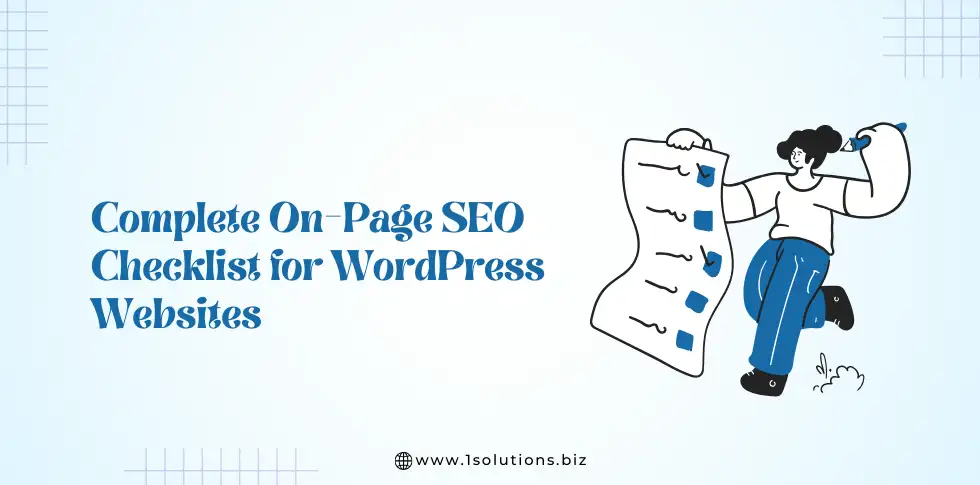What is Shopify eCommerce?
Shopify isn’t just another website builder; it’s a full-fledged eCommerce platform designed to empower businesses of all sizes to sell online.
Founded in 2006 by Tobias Lütke, a programmer frustrated with the lack of user-friendly e-commerce solutions, Shopify has seen explosive growth.
Here’s a glimpse into the world of Shopify eCommerce:
- Millions Strong: Boasting over 2 million merchants globally (as of 2023), Shopify is a dominant force in e-commerce.
- Exponential Growth: The platform has witnessed a staggering growth trajectory, processing over $4 trillion in Gross Merchandise Volume (GMV) in 2023.
- A-List Clientele: Renowned brands like Allbirds, Heinz, and Kylie Cosmetics leverage Shopify’s robust features to manage their online stores.
- Beyond Start-Ups: While ideal for launching new ventures, Shopify caters to established businesses as well. Multinational corporations like Staples and Unilever utilize Shopify for specific product lines or regional markets.
Shopify’s user-friendly interface, extensive app store, and scalability make it a compelling choice for entrepreneurs and businesses alike.
It empowers them to build an online store, manage inventory, process payments, and ship products – all under one roof. This comprehensive approach helps businesses unlock their full e-commerce potential.
Why Choose Shopify for Your Ecommerce Store?
In the ever-competitive world of eCommerce, choosing the right platform is crucial. Here’s why Shopify stands out as a leader, propelling your online store towards success, with its advantages categorized for easy reference:
Ease of Use:
- Intuitive Interface: Shopify boasts a user-friendly interface designed for anyone to create a professional online store. Even with limited technical knowledge, you can leverage drag-and-drop tools and pre-designed themes.
Outerknown, a sustainable apparel brand founded by professional surfer Kelly Slater, launched their Shopify store within days. Their clean and user-friendly design effectively showcases their commitment to eco-conscious clothing.
Scalability:
- Seamless Growth: Shopify’s robust infrastructure scales effortlessly alongside your business. It can handle increasing traffic and product volumes without compromising performance.Kylie Cosmetics, a brand that experienced explosive growth, is a testament to this. Shopify’s scalable architecture ensured their online store remained operational and efficient even during peak sales periods.
App Store Power:
- Extensive Functionality: The Shopify App Store boasts over 6,000 apps, allowing you to extend your store’s functionality in countless ways.
- App Integrations:
- Marketing Automation: Integrate Klaviyo for advanced email marketing automation, streamlining customer communication and engagement.
- Dropshipping: Streamline dropshipping operations with Oberlo, simplifying inventory management and order fulfillment.
Marketing Integration:
- Effortless Sales Driving: Shopify integrates seamlessly with popular marketing channels like Facebook, Instagram, and Google. This empowers you to target your ideal audience and drive sales effortlessly.Allbirds, the sustainable footwear brand, leverages Shopify’s marketing integrations to run targeted social media campaigns. This approach allows them to reach a wider eco-conscious audience and amplify their brand message.
Security and Trust:
- Fort Knox Security: Shopify prioritizes security with Level 1 PCI DSS compliance and robust SSL certificates. This ensures your customer’s data is safeguarded, fostering trust and confidence in your brand.
- Secure Shopping Experience: A secure shopping experience is vital for building customer loyalty in today’s digital world. Shopify’s security features provide peace of mind for both you and your customers.
24/7 Support System:
- Round-the-Clock Support: Shopify’s dedicated support team is available 24/7 to address your queries and concerns. This ensures you’re never left stranded while navigating the e-commerce landscape.
- Peace of Mind: Whether you’re a budding entrepreneur or a seasoned business owner, Shopify’s support system provides valuable peace of mind, knowing help is always available.
By leveraging these advantages, Shopify empowers businesses of all sizes to thrive in the competitive world of eCommerce.
Its user-centric approach, feature-rich platform, and focus on security make it an exceptional choice for building a successful online store.
Key Features of a Successful Shopify Store
Beyond the robust functionalities offered by the Shopify platform itself, creating a successful Shopify store hinges on several key features you implement within your store. Here’s a breakdown of these essential elements:
1. User-Friendly Design and Navigation:
- Clean and Intuitive: Strive for a clean and user-friendly store design. Make sure your navigation is intuitive, allowing customers to find what they’re looking for effortlessly.
- Mobile Responsiveness: In today’s mobile-first world, ensure your store is fully responsive and provides a seamless browsing experience across all devices (desktops, tablets, smartphones).
- High-Quality Images and Videos: Showcase your products with high-quality images and videos. Customers rely on visuals to understand product details and make informed purchasing decisions.
2. Compelling Product Pages:
- Detailed Descriptions: Provide detailed and informative product descriptions that highlight features, benefits, and specifications.
- Multiple Product Views: Offer multiple product views from different angles and close-ups to give customers a comprehensive understanding of what they’re buying.
- Customer Reviews and Ratings: Integrate customer reviews and ratings to build trust and social proof. Positive reviews can significantly influence purchasing decisions.
3. Streamlined Checkout Process:
- Guest Checkout Option: Offer a guest checkout option alongside account creation to avoid unnecessary steps that could lead to cart abandonment.
- Multiple Payment Gateways: Provide a variety of secure payment gateways to cater to different customer preferences and ensure a smooth checkout experience.
- Clear Order Tracking: Implement a clear order tracking system so customers can easily monitor the status of their purchases.
4. Content Marketing and SEO:
- Blog Integration: Consider integrating a blog into your Shopify store to create valuable content related to your products and target audience. This can improve your search engine ranking (SEO) and drive organic traffic.
- Engaging Social Media Presence: Maintain an active and engaging social media presence to connect with your audience, promote your products, and build brand loyalty.
- SEO Optimization: Optimize your product pages and website content with relevant keywords to improve your store’s visibility in search engine results pages (SERPs).
5. Excellent Customer Service:
- Live Chat Support: Consider offering live chat support to answer customer queries promptly and enhance the overall customer experience.
- Responsive Email Support: Ensure you have a responsive email support system in place to address customer inquiries within a reasonable timeframe.
- Easy Return Policy: Implement a clear and customer-friendly return policy to build trust and encourage customers to purchase with confidence.
By incorporating these key features, you can create a successful Shopify store that not only looks good but also converts visitors into loyal customers.
Remember, a successful store is an ongoing process, so continuously test, analyze, and refine your approach to stay ahead of the curve in the ever-evolving e-commerce landscape.
Optimizing Your Shopify Store for SEO
Search Engine Optimization (SEO) is the magic key to unlocking organic traffic and propelling your Shopify store to the top of search engine results pages (SERPs). Here’s a roadmap to optimize your store and attract potential customers searching for products like yours:
1. Keyword Research: The Foundation of SEO
- Targeted Keywords: Conduct thorough keyword research to identify relevant keywords with high search volume and low competition. These keywords should represent the products and categories you offer.
- Tools for Discovery: Utilize keyword research tools like Google Keyword Planner, Ahrefs, or SEMrush to uncover valuable keyword insights.
2. Keyword Integration Throughout Your Store
- Product Titles and Descriptions: Integrate your target keywords naturally into product titles, descriptions, and meta descriptions. However, avoid keyword stuffing, which can negatively impact your ranking.
- Category and Page URLs: Craft clear and concise category and page URLs that incorporate relevant keywords.
- Image Alt Text: Optimize image alt text with descriptive keywords to improve image search visibility.
3. Content is King: Blog for SEO and Customer Engagement
- Blog Integration: Establish a blog on your Shopify store and consistently publish high-quality, informative content related to your products and target audience.
- Keyword-rich Content: Integrate relevant keywords organically within your blog posts to improve search engine ranking.
- Valuable Content Creation: Focus on creating valuable content that educates, entertains, and builds trust with your audience. This establishes your brand as an industry authority and keeps customers coming back for more.
4. Technical SEO: The Nuts and Bolts
- Site Speed Optimization: Ensure your Shopify store loads quickly. Slow loading times can significantly hurt your SEO ranking and user experience.
- Mobile-Friendliness: Maintain a mobile-friendly store that provides a seamless browsing experience across all devices.
- Structured Data Implementation: Implement structured data markup to provide search engines with richer information about your products, which can lead to richer search results.
5. Backlink Building: Earning Authority
- High-Quality Backlinks: Secure backlinks from reputable websites in your niche. Authority Backlink building acts as votes of confidence for your site, signaling to search engines that your content is valuable.
- Guest Blogging: Consider guest blogging on relevant industry websites to establish backlinks and reach a wider audience.
Optimizing for SEO is an ongoing process, but by implementing these strategies consistently, you’ll gradually increase your Shopify store’s visibility in search engine results. Remember, high search ranking translates to organic traffic, potentially leading to more conversions and a thriving online business.
Utilizing Shopify Apps for Enhanced Functionality
Shopify’s app store isn’t just a collection of random tools; it’s a treasure trove waiting to be explored. With over 6,000 apps at your disposal, you can transform your basic Shopify store into a powerful eCommerce machine. But with so many options, where do you begin? This guide will equip you to leverage the magic of Shopify apps and unlock functionalities that will propel your store to new heights.
1. Identify Your Needs:
The first step is to identify the specific areas where your store needs a boost. Do you struggle with abandoned carts? Craving a more personalized customer experience? Maybe you yearn for streamlined inventory management. Understanding your pain points will guide you towards the most impactful apps.
2. Explore the App Categories:
The Shopify App Store is meticulously categorized, making navigation a breeze. Explore categories like Marketing & Sales, Shipping & Fulfillment, Customer Service, and Inventory Management. Each category offers a plethora of solutions waiting to be discovered.
3. Free vs Paid Apps:
Shopify offers a generous selection of free apps that cater to essential needs. However, for advanced functionalities, premium apps often deliver the best results. Carefully evaluate your budget and prioritize features that align with your store’s goals.
4. Reading Reviews is Key:
Don’t underestimate the power of customer reviews. Reading honest feedback from other Shopify store owners can be incredibly insightful. Reviews can reveal an app’s strengths, weaknesses, and potential compatibility with your store’s setup.
5. Leverage Free Trials:
Many premium apps offer free trial periods. Take advantage of these trials to test drive the app and assess if it seamlessly integrates with your workflow and delivers the promised value.
6. A Few Must-Consider App Categories and Examples:
- Marketing & Sales:
- Boost Conversions: Recover abandoned carts with an app like ReConvert to win back sales and minimize lost revenue.
- Targeted Campaigns: Leverage email marketing automation with Mailchimp to create targeted campaigns, segment your audience for personalized outreach, and nurture leads.
- Wider Reach: Implement social media marketing tools like Facebook Pixel to track conversions from your social media advertising efforts and optimize your campaigns for maximum impact.
- Inventory Management:
- Simplified Tracking: Simplify inventory tracking with Stocky to maintain accurate stock levels across multiple sales channels, avoid overselling, and ensure a smooth customer experience.
- Automated Fulfillment: Automate order fulfillment for a smoother workflow with Oberlo. This app allows you to easily import products from dropshipping suppliers and streamline the order fulfillment process, saving you valuable time and resources.
- Customer Service:
- Real-Time Engagement: Offer live chat support for real-time customer engagement with an app like HelpDesk. This fosters trust and builds stronger customer relationships.
- User-Friendly Returns: Implement a user-friendly return policy management system with Returnly. This streamlines the returns process for your customers, reduces friction, and encourages repeat business.
- Reward Loyalty: Integrate loyalty programs with Smile.io to reward repeat customers, incentivize purchases, and build brand advocates.
- Image Optimization: SEO Image Optimizer is a great app to automatically optimize your product images for search engines by adding alt tags and optimizing file names. This can significantly improve your store’s visibility in search results.
Remember, Shopify apps are designed to empower you, not replace you. Choose apps that complement your existing strategies and enhance your overall e-commerce operations.
By strategically integrating these tools, you can transform your Shopify store into a well-oiled machine, driving sales, building customer loyalty, and achieving e-commerce success.
Driving Traffic and Conversions with Shopify Marketing Strategies
In the bustling world of e-commerce, attracting visitors to your Shopify store is just the first step. The true magic lies in converting them into loyal customers. Here’s a roadmap packed with effective Shopify marketing strategies to transform your store into a sales powerhouse:
1. Content Marketing:
- Blog as a Beacon: Establish a blog on your Shopify store and consistently publish high-quality, informative content related to your products and target audience. Educate, entertain, and establish yourself as an industry authority. Take inspiration from Beardbrand, a men’s grooming company, whose blog features informative guides on beard care, styling tips, and product reviews. This content attracts potential customers searching for solutions and positions Beardbrand as a trusted resource.
- SEO Magic: Optimize your blog content with relevant keywords to improve search engine ranking and attract organic traffic. Keyword research tools like Ahrefs or SEMrush can help you identify high-volume, low-competition keywords to target.
- Social Media Synergy: Promote your blog content on social media platforms like Facebook, Instagram, and Pinterest to broaden your reach and engage your audience. This cross-promotion strategy leverages the power of each platform to drive traffic back to your blog and ultimately your Shopify store.
2. Email Marketing:
- Build Your List: Grow your email list by offering incentives like discounts or early access to new products in exchange for signups. Consider using pop-up forms or exit-intent popups to capture email addresses before visitors leave your store.
- Segmented Campaigns: Don’t blast generic emails. Segment your audience based on interests and purchase behavior using tools like Klaviyo. This allows you to craft targeted email campaigns that resonate with each group. For instance, you could send emails highlighting new athletic wear to customers who’ve previously purchased activewear in your store.
- Nurture Leads with Automation: Utilize email marketing automation to send personalized welcome emails, abandoned cart reminders and post-purchase follow-ups to nurture leads and drive sales.
3. Social Media:
- Find Your Tribe: Identify the social media platforms where your target audience spends their time. Focus your efforts there and build a strong brand presence. If you sell handcrafted jewelry, consider prioritizing platforms like Instagram and Pinterest where visual content thrives.
- Compelling Content is King: Create engaging social media content that goes beyond just product promotion. Share user-generated content (UGC) featuring satisfied customers wearing your jewelry, industry trends related to sustainability or ethical sourcing, and behind-the-scenes glimpses into your design process. This fosters connections with your audience and builds brand loyalty.
- Paid Advertising for Targeted Reach: Consider leveraging paid social media advertising to target specific demographics and interests, allowing you to reach a wider audience strategically. Platforms like Facebook Ads allow you to create laser-focused ad campaigns based on factors like age, location, and interests.
4. Influencer Marketing:
- Partner with the Right People: Collaborate with social media influencers who resonate with your brand and target audience. Leverage their credibility to spread brand awareness and drive sales. Partnering with micro-influencers who have a smaller but highly engaged following can be a cost-effective way to reach a targeted audience. For example, a jewelry brand could collaborate with a fashion blogger who showcases unique, handcrafted pieces to their audience.
- Micro-Influencers Can Be Mighty: Don’t underestimate the power of micro-influencers who often boast highly engaged communities. Partnering with them can be a cost-effective way to reach a targeted audience.
5. Conversion Rate Optimization (CRO): Refining Your Sales Funnel
- A/B Testing is Your Friend: Run A/B tests on different elements of your store’s design and checkout process, such as product images, calls to action (CTAs), and form layouts. Identify what resonates best with your audience and optimize for conversions. Tools like Optimizely can help you run A/B tests and analyze results.
- Reduce Friction, Boost Sales: Streamline your checkout process by offering guest checkout options, multiple secure payment gateways like PayPal or Stripe, and clear order tracking. The easier it is to buy, the more likely customers are to convert.
**Remember, effective marketing is an ongoing process. Experiment, analyze your results, and constantly refine your strategies. By implementing these Shopify marketing
Conclusion
The world of e-commerce is a dynamic landscape, but with the right strategies in place, your Shopify store can flourish. Remember, these marketing tactics are not a one-size-fits-all solution. The key lies in understanding your target audience, crafting a unique brand identity, and continuously testing and refining your approach.
Here’s the Shopify marketing mindset to cultivate for long-term success:
- Customer Centricity at the Core: Always prioritize your customers. Understand their needs, wants, and pain points, and tailor your marketing efforts accordingly. Respond promptly to inquiries, address concerns with empathy, and strive to exceed expectations.
- Embrace Experimentation: Don’t be afraid to experiment with different marketing tactics. Run A/B tests, analyze results, and adapt your strategies based on data and customer feedback.
- Data-Driven Decisions: Leverage the power of analytics to gain insights into customer behavior, identify areas for improvement, and measure the effectiveness of your marketing campaigns.
- Content is King (and Queen): Create high-quality, informative content that educates, entertains, and positions you as an authority in your niche.
- Embrace the Power of Community: Build a community around your brand. Foster engagement on social media, respond to comments, and encourage user-generated content.
- Stay Ahead of the Curve: The e-commerce landscape is constantly evolving. Keep up with emerging trends, explore new marketing channels, and adapt your strategies accordingly.
By adopting this customer-centric, data-driven, and ever-evolving approach, you can transform your Shopify store from a storefront into a thriving online community. Remember, it’s about more than just selling products; it’s about building relationships, fostering brand loyalty, and creating a memorable shopping experience that keeps customers coming back for more.
Why Choose 1Solutions Shopify Development Services?
In the competitive world of e-commerce, your Shopify store needs a development partner that understands your vision and can translate it into a powerful online selling machine.
1Solutions stands out from the crowd, offering a comprehensive suite of services designed to propel your store towards success. Here’s why 1Solutions should be your trusted partner for all things Shopify development:
1. Deep Shopify Expertise:
- Certified Professionals: Our team comprises certified Shopify developers who possess the in-depth knowledge and experience to navigate the intricacies of the platform. This expertise ensures they can handle complex customizations and integrations seamlessly.
- Custom Storefront Development: Looking to go beyond a pre-designed theme? 1Solutions can craft a unique and custom storefront that reflects your brand identity perfectly. From user interface (UI) and user experience (UX) design to custom functionality development, we’ll bring your vision to life.
2. Focus on Conversion Optimization:
- Data-Driven Approach: We don’t just build beautiful stores; we build stores that convert. Our developers leverage data analytics to identify areas for improvement and implement conversion optimization strategies to maximize your return on investment (ROI).
- A/B Testing and Refinement: Through A/B testing, we can test different design elements, product placements, and checkout processes to see what resonates best with your target audience. This data-driven approach ensures your store is constantly evolving to deliver optimal conversion rates.
3. Seamless App Integration:
The Shopify App Store offers a vast array of tools, but identifying the right ones and integrating them effectively can be a challenge.
1Solutions possesses extensive knowledge of the Shopify app ecosystem and can help you choose the perfect apps to streamline operations, enhance functionality, and supercharge your store’s capabilities.
We’ll handle the seamless integration process, ensuring all apps work harmoniously within your store’s framework.
4. Long-Term Support and Partnership:
A successful Shopify store is an ongoing journey. 1Solutions is committed to being your long-term partner, providing ongoing support and maintenance to ensure your store stays up-to-date, secure, and functioning at its peak. We’ll be there to address any technical issues that arise and help you adapt your store as your business grows and evolves.
5. Transparent Communication and Collaboration:
At 1Solutions, we believe in clear and transparent communication. We’ll keep you informed throughout every step of the development process, ensuring you’re involved in all major decisions. Our collaborative approach guarantees your store reflects your unique vision and business goals.
Choosing 1Solutions for your Shopify development needs is about more than just building a store; it’s about building a successful e-commerce business.
With our expertise, focus on conversion optimization, seamless app integration, ongoing support, and commitment to collaboration, we’ll equip you with the tools and expertise to transform your Shopify store into a thriving online destination.















